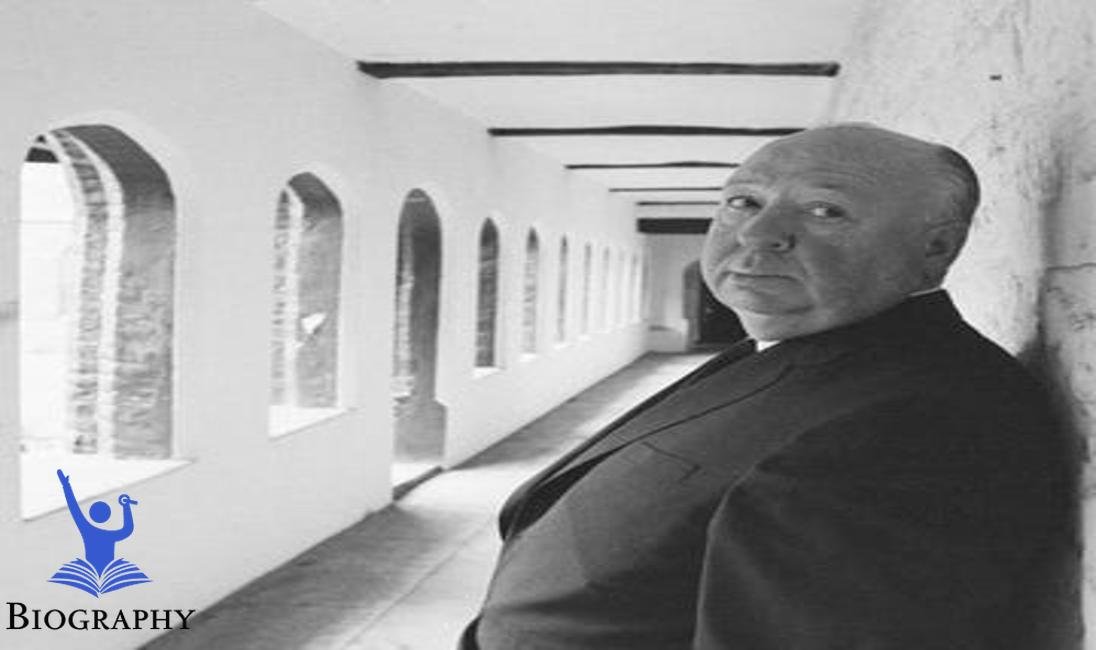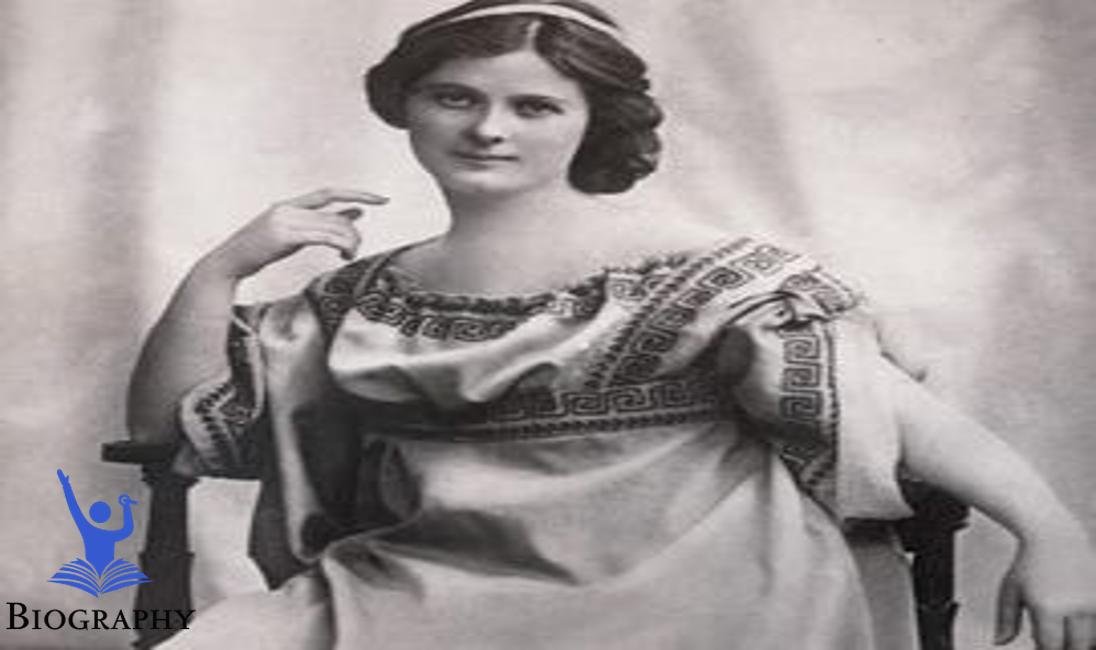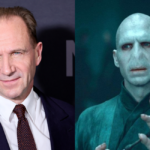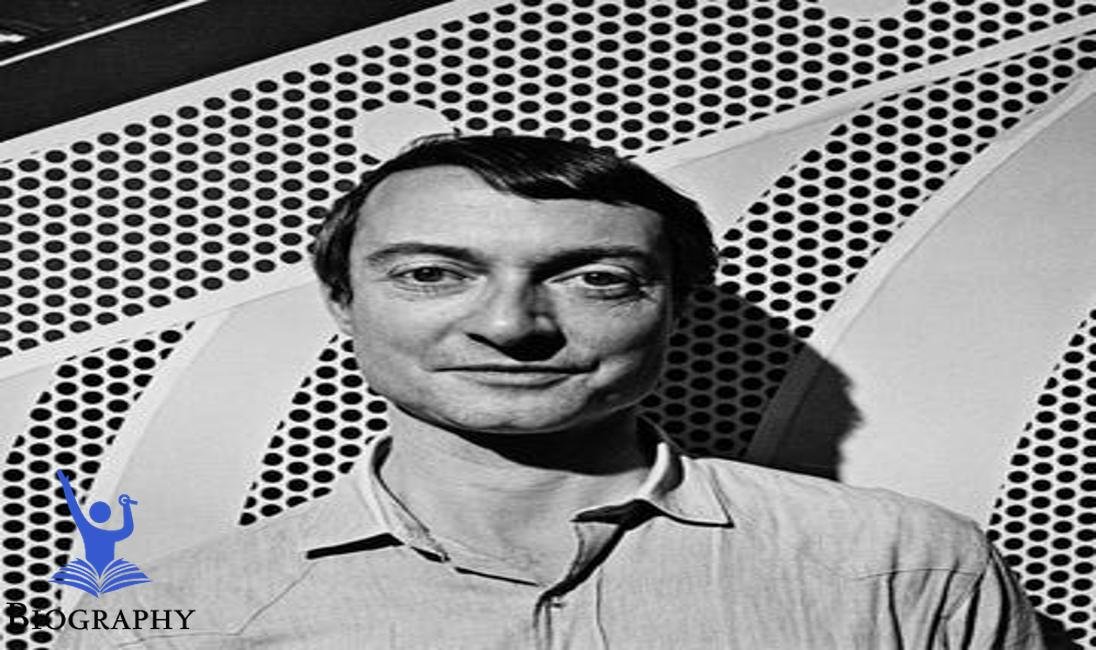Now Reading: Alfred Hitchcock|Biography,Movies,The Birds,Psycho,Vertigo,net worth,Facts & Wiki
-
01
Alfred Hitchcock|Biography,Movies,The Birds,Psycho,Vertigo,net worth,Facts & Wiki

Alfred Hitchcock|Biography,Movies,The Birds,Psycho,Vertigo,net worth,Facts & Wiki
Alfred Hitchcock: Master of Suspense
Quick Facts
| Attribute | Details |
|---|---|
| Age | 80 (deceased) |
| Weight | 150 lbs (approx.) |
| Height | 5 ft 7 in |
| Original Name | Alfred Joseph Hitchcock |
| Eye Color | Blue |
| Children’s Names | Patricia, Louise |
| Birthdate | August 13, 1899 |
| Spouse | Alma Reville |
| Home | Bel Air, California |
| Hometown | Leytonstone, London |
| Origin | British |
| Exes | None |
| Brand Ambassador Roles | None specific |
Early Life and Family
Alfred Hitchcock was born on August 13, 1899 in Leytonstone, London, UK. He was the youngest of three children in a working-class family. His father, William Hitchcock, was a greengrocer, and his mother, Emma, was a homemaker. Hitchcock’s early life was shaped by his people’s conservative Catholic childhood, which influenced his later career in film.
Having had his childhood in society, young Alfred developed a taste for gossip. This cult of mathematics and visual craft led him later into filmmaking. From the beginning, he showed interest in modeling and acting, which eventually led him to explore the universe of film.
Early Career and Struggles
Hitchcox’s career move into the world of entertainment began in 1919, when he landed a new job as a title card programmer at a movie theater. He immediately learned the intricacies of filmmaking. His most memorable programs faced many challenges, from grant issues to other challenges.
He directed a few short films in the early 1920s, as well as his first film, The Pleasure Garden, in 1926. But the film was not a big hit and Hitchcock faced a learning curve as he navigated the film industry’s vagaries pi his challenges and thriving is his unique approach to working along the way.
Rise to Stardom
Hitchcock became notorious in Britain with his psychological thriller The Lodger (1926). The film’s innovative use of suspense and visuals caught the eye of critics and audiences alike. This was the beginning of his emergence as a romantic.
A move to Hollywood in the 1930s revitalized his career. Films like Rebecca (1940), which won the Academy Award for Best Picture, showcased his talent for capturing the narrative with psychological depth. But it was Shadow of a Doubt (1943) that really cemented his position, capturing audiences with its intriguing story.
Success
In the 1950s and 1960s, Alfred Hitchcock unveiled some of his most iconic films. Psycho (1960) became a cultural phenomenon, known for its incredible plots and innovative musicals. The infamous shower scene is one of the most iconic in film history, perpetuating Hitchcock’s legacy in both horror and thriller genres.
Vertigo (1958) also remains a hallmark of his work, demonstrating a mastery of psychological tension and visual form. His films often explored issues of attraction and identity, appealing to audiences while cracking the psyche. Hitchcock has just written the iconic Irving G. Wright.
Failure
With great success, Hitchcock faced setbacks throughout his career. Marnie (1964), although ambitious, received mixed reviews and was considered controversial by some for its themes of sexual tension and violence Many critics argued that Hitchcock’s style became conventional , causing a decline in his box office career.
Part of his works in his later years sought to fulfill the fundamental beliefs he once held. Despite these challenges, Hitchcock remained unwavering, honing his creative vision and hitting misfortune as if it were any open door.
Television Career
In addition to his film career, Hitchcock dabbled in television and hosted the Alfred Hitchcock Presents series. From 1955 to 1965, the show blended comedy and horror with suspense stories that captured the essence of his cinematic style for weekly viewers This successful series brought his storytelling skills to the million many of them, creating a new generation of “Masters of Suspense.”
Hitchcock’s rendering of the famous sketch became infamous, redefining his image. Hitchcocks TV career allowed him to explore different ways of tackling different subjects and appealing to the masses in unique ways.
Humanitarian Work
Past his real accomplishments in life, Hitchcock added them to philanthropic initiatives. He advocated fellowship, relying on human expression, children’s schooling, and social resources. While he may be as overtly philanthropic as a segment of his peers, Hitchcock’s influence has been far-reaching enough to elevate the importance of film and storytelling in the public eye
And his commitment to human exposure was evident in his advice to many young filmmakers and his support of the English Film Society. Hitchcock made stock in a supporting capacity and assured that the art of storytelling would continue to thrive for people in the future.
Personal Life and Controversies
Hitchcock married Alma Reville on December 2, 1926. Alma played a pivotal role in his career, working as a screenwriter and director, and they were often together on several of his most famous films The couple had two children, Patricia and Louis . Their marriage, which lasted more than 50 years, is considered one of the key relationships that contributed to Hitchcocks career.
Throughout his life, Hitchcock was known for his eccentric character and his ignorance of what comedy really was. But in some instances, she encountered controversies and analyzes about the portrayal of women in films, which prompted a discourse about the stylistic and power factors in Hollywood
Instead of establishing him as a real heavyweight, allegations of on-screen misconduct have tarnished his legacy in some circles. In any case, Hitchcock retained unwavering allies who respected his commitment to the entertainment world.
Legacy / Awards
Alfred Hitchcock died on April 29, 1980, but his legacy lives on. He reimagined oppression and spine chills, influencing countless filmmakers and storytellers around the world. The “Hitchcockian” approach, carefully planned and imaginatively complex, became original in film studies.
Hitchcock received various honours, including an AFI Lifetime Achievement Grant and a British Institute Fellowship in English Film, TV and Presentation. His films are discussed and celebrated, enhancing his place in real history. Hitchcock made a lasting impression among mainstream society, inspiring the present and inspiring a new crowd.
His determination to push the boundaries of the genre assures that “Psychologist” will remain a central figure in the film industry long into the future








































